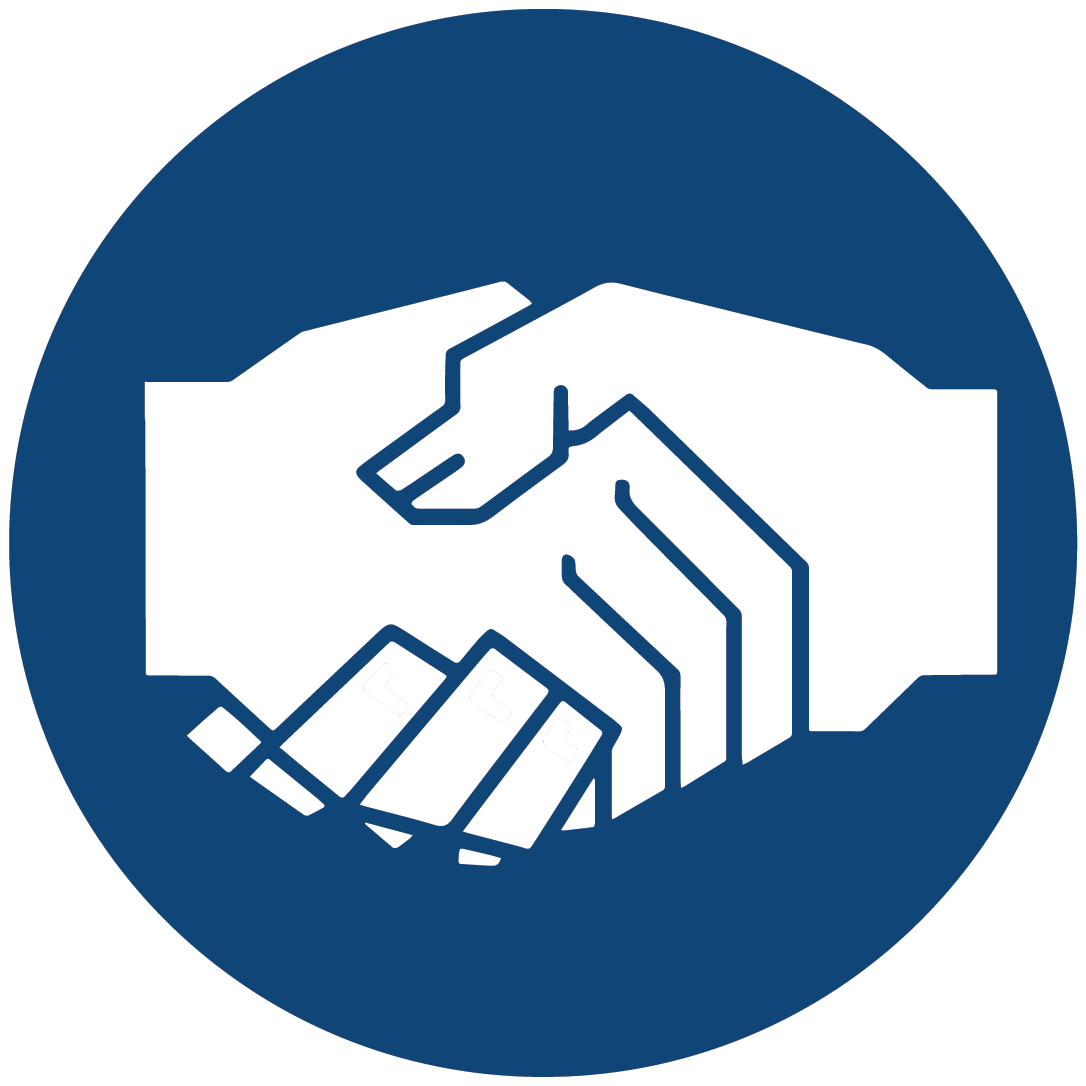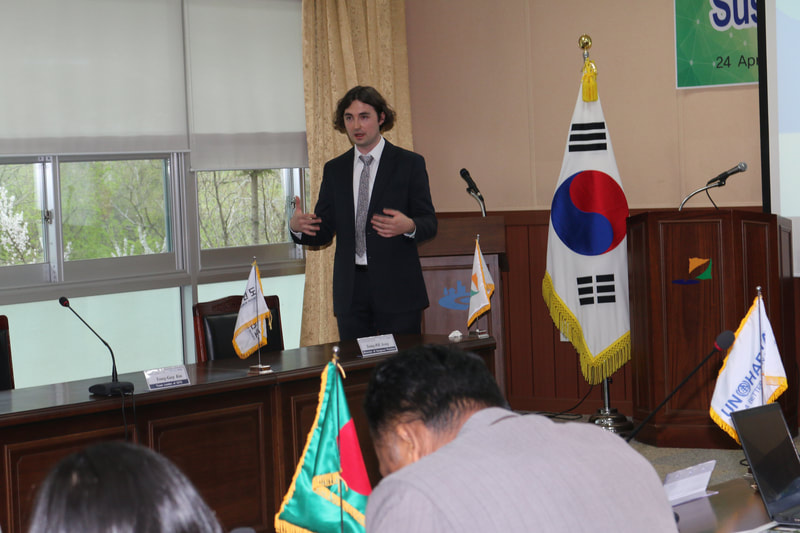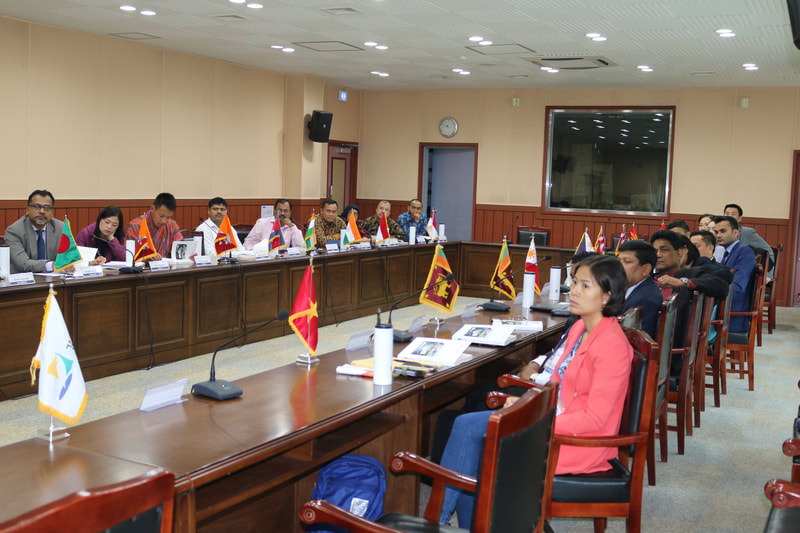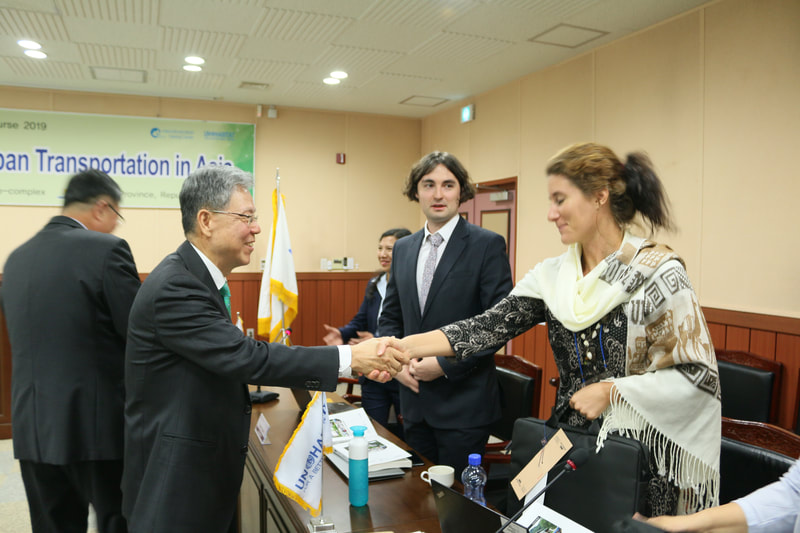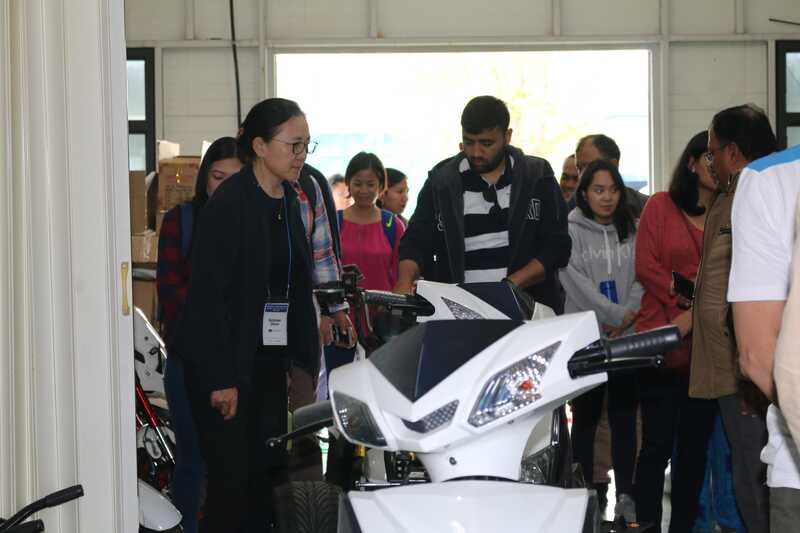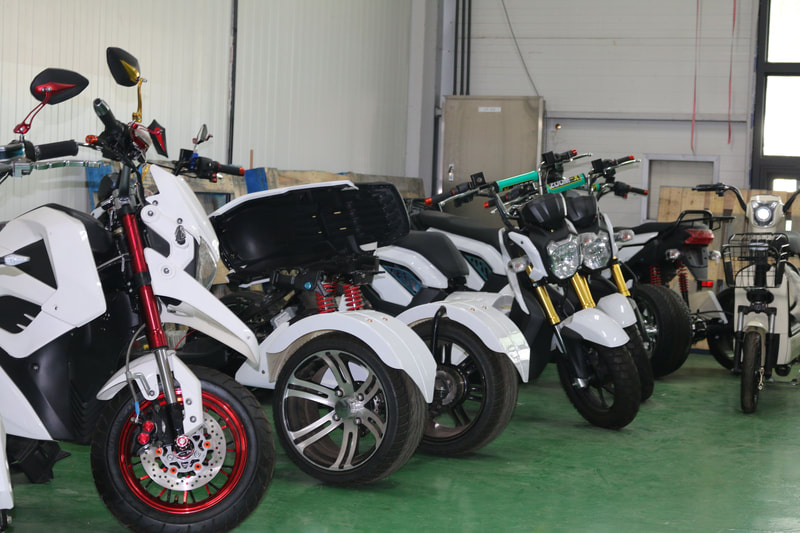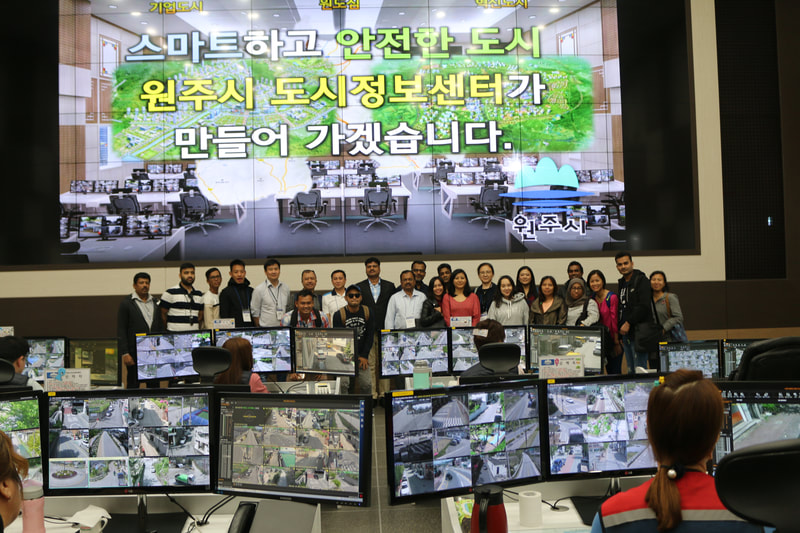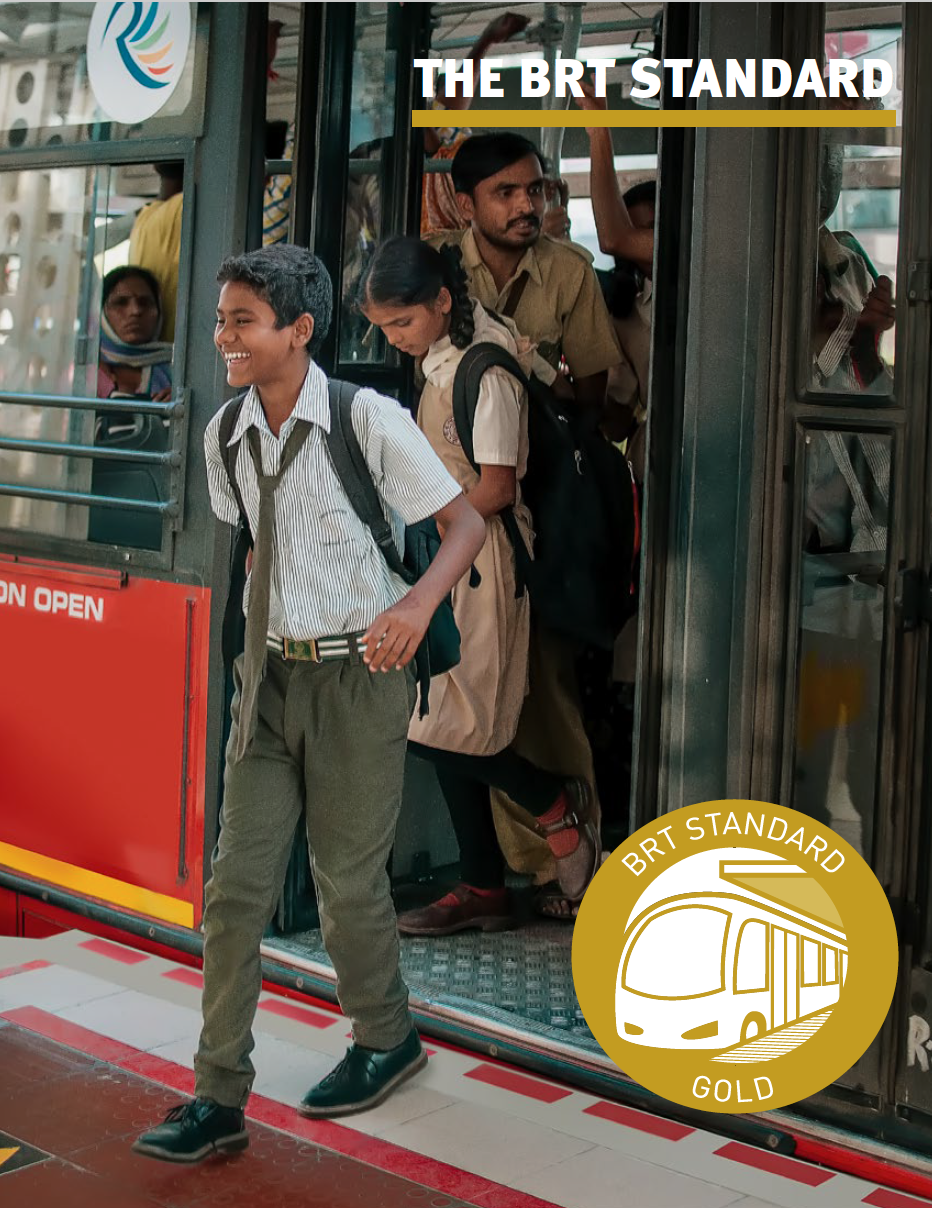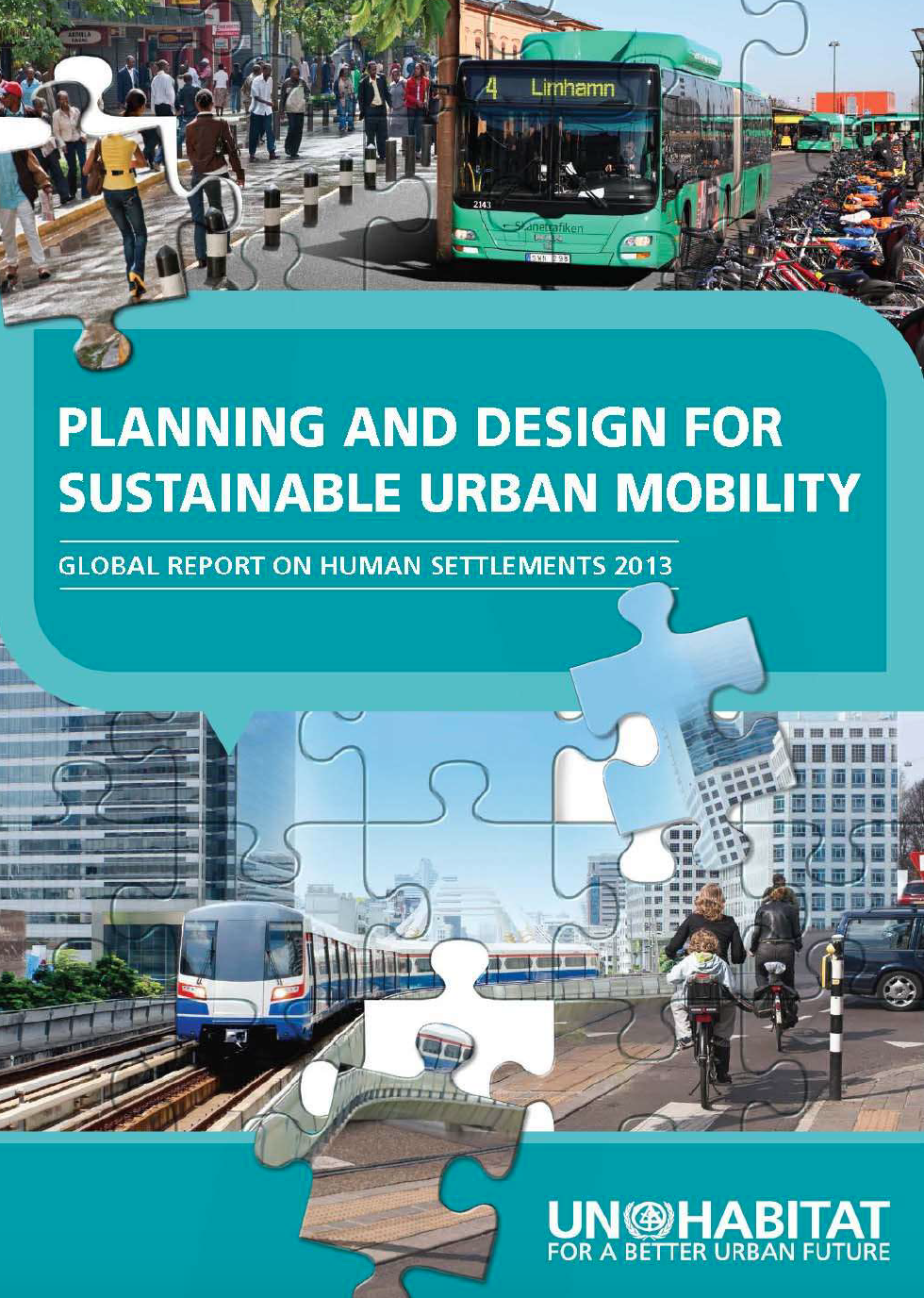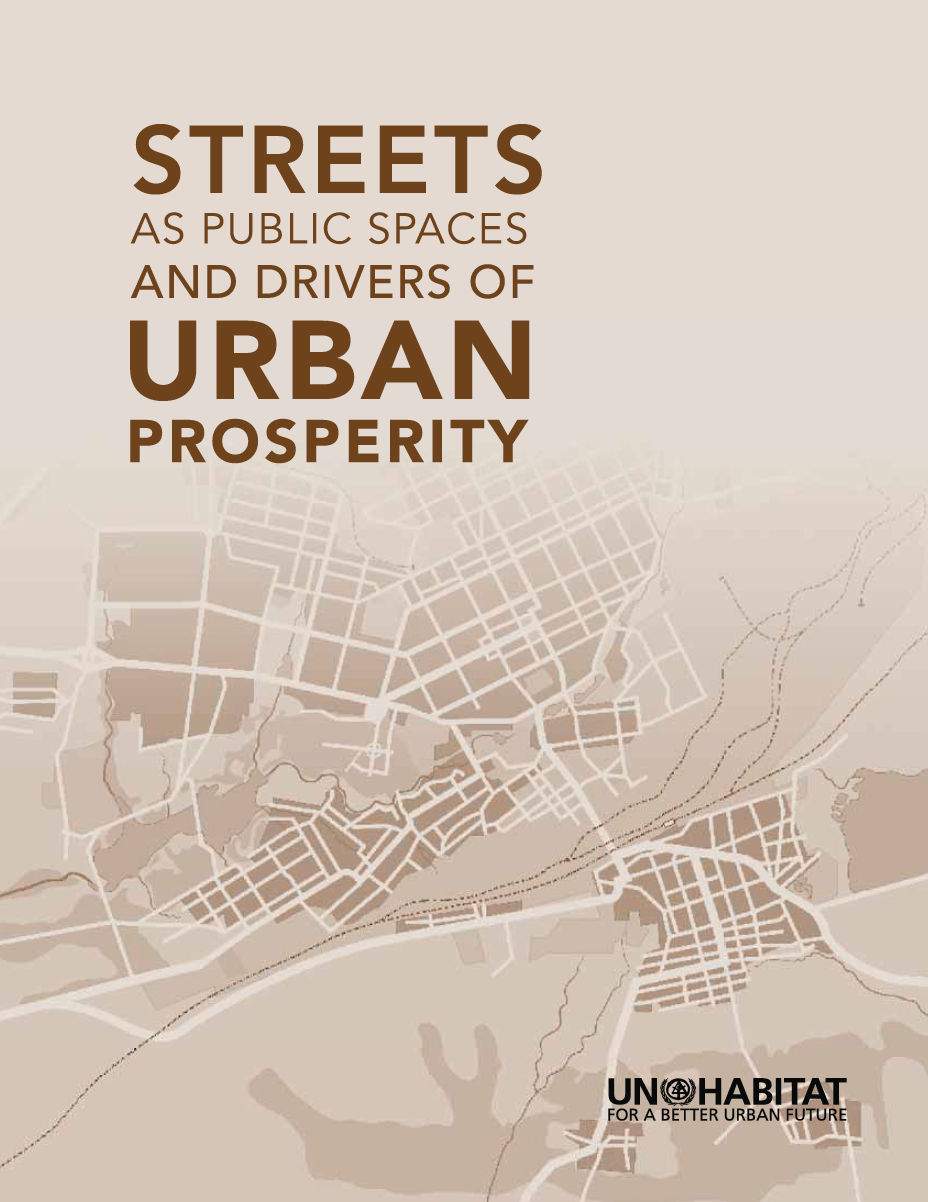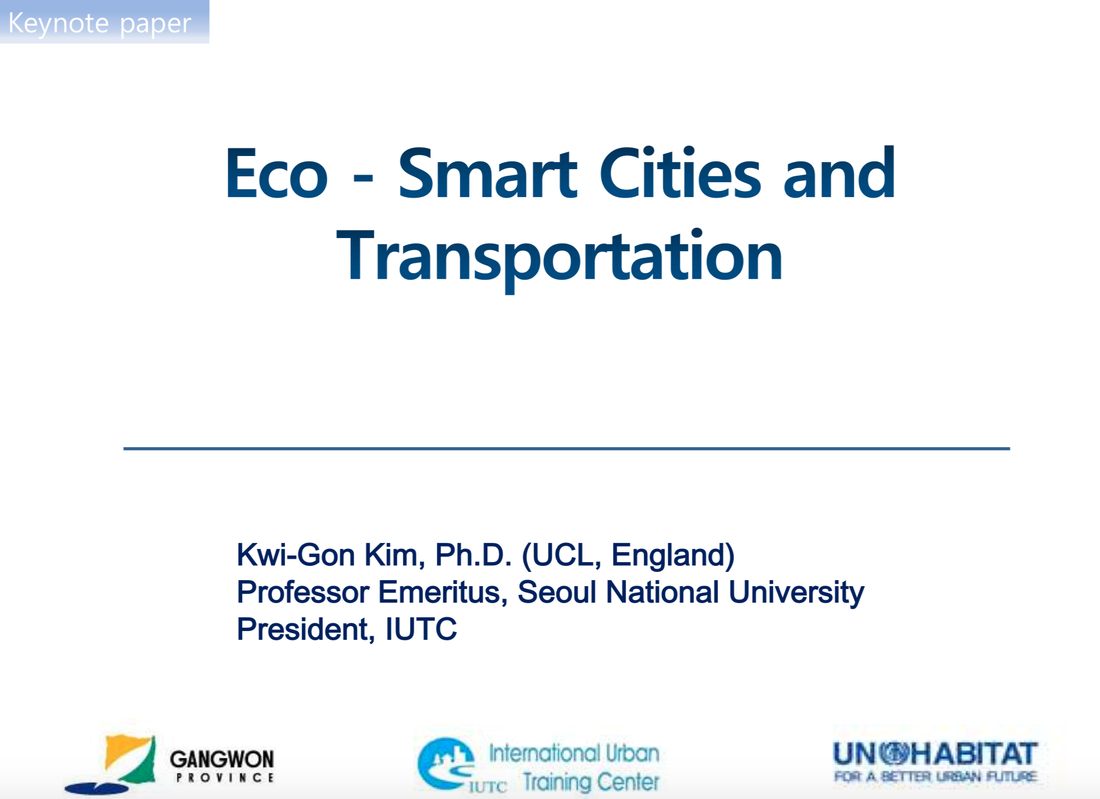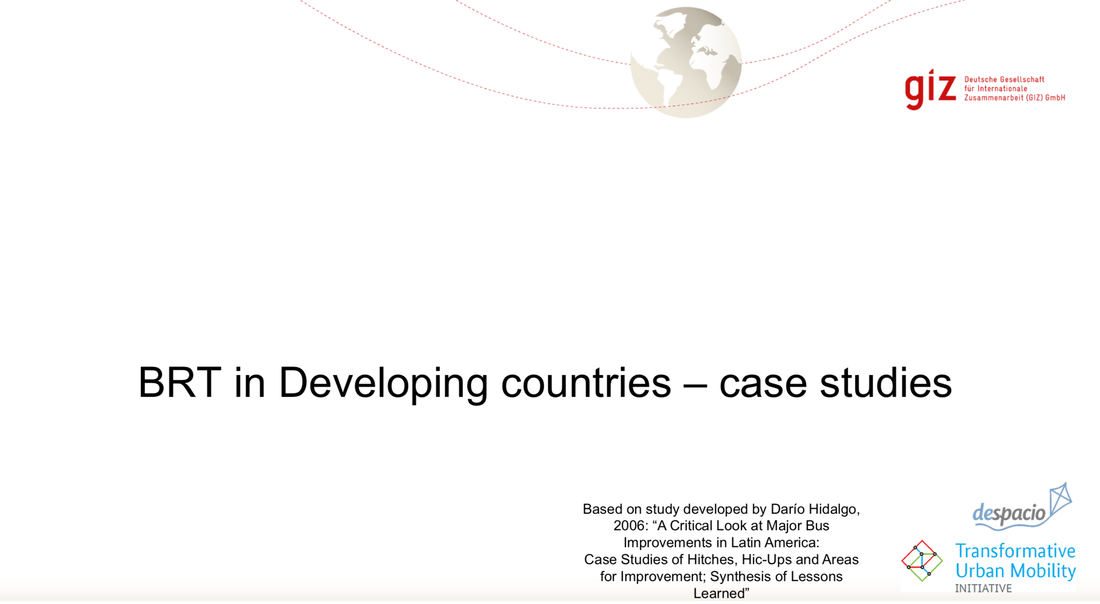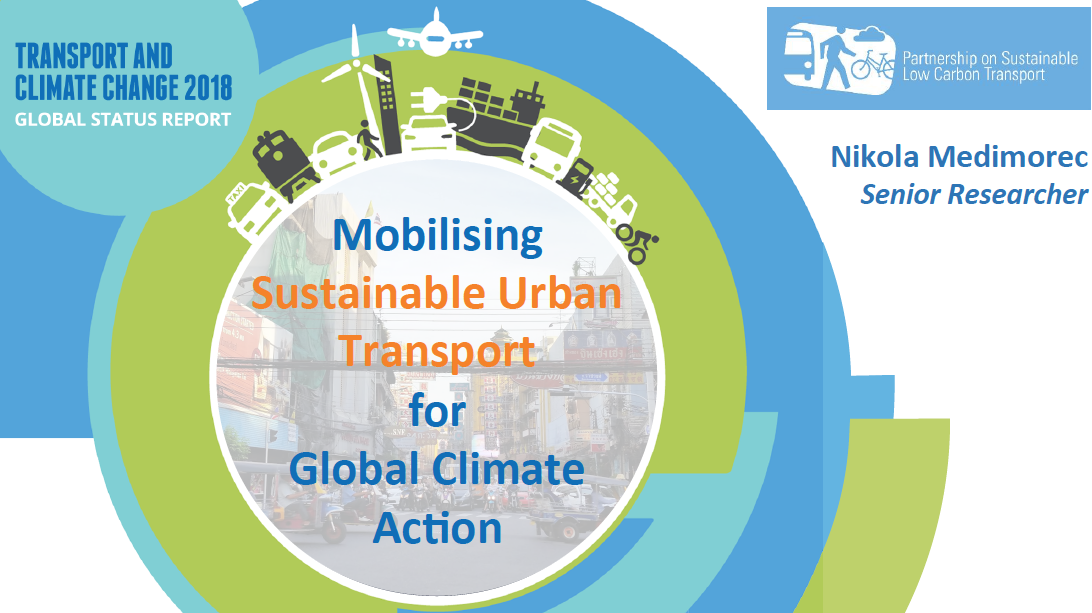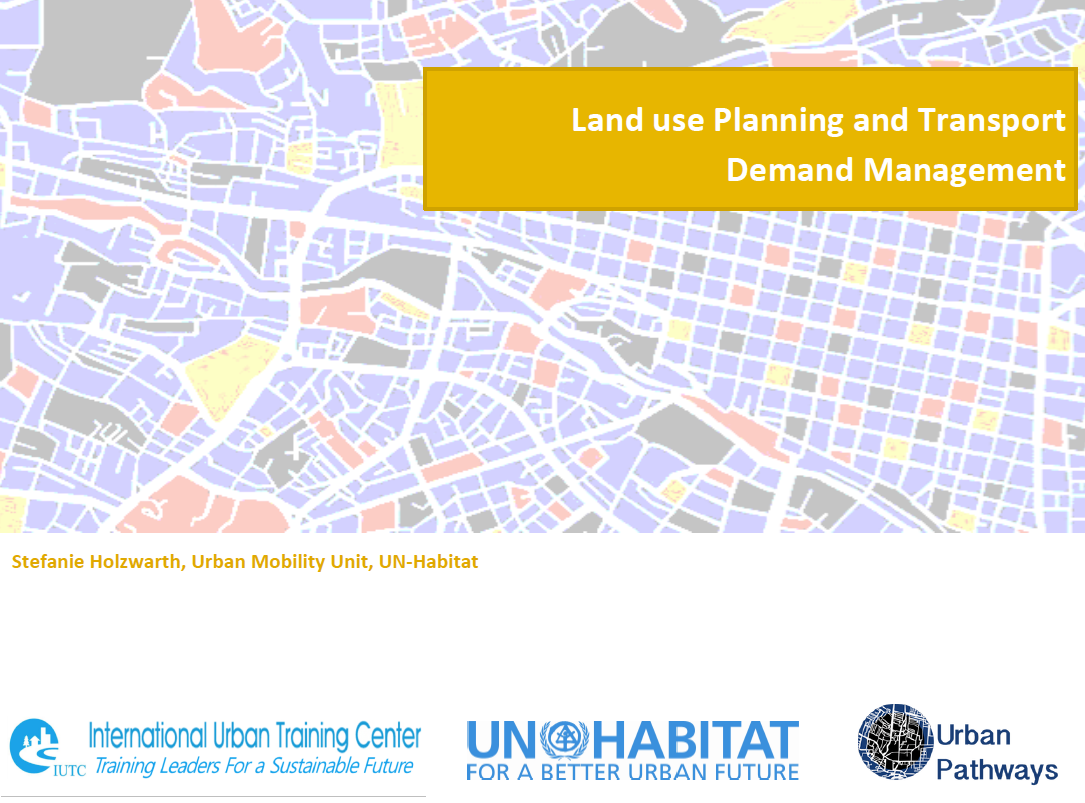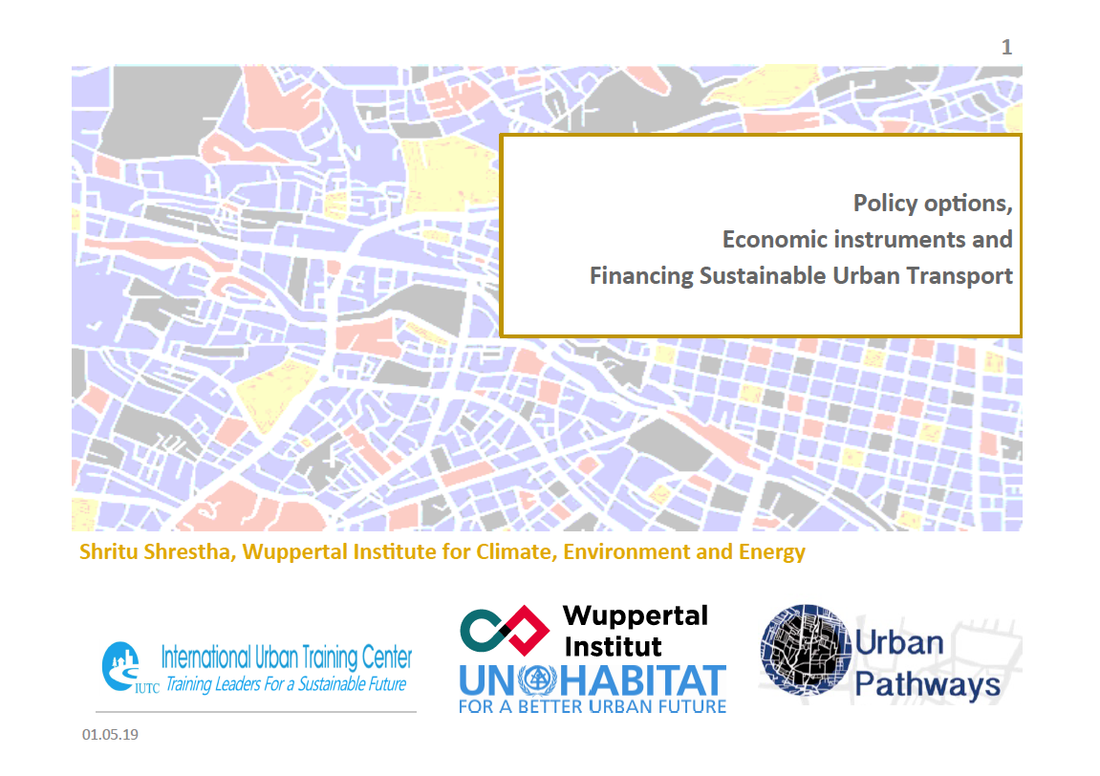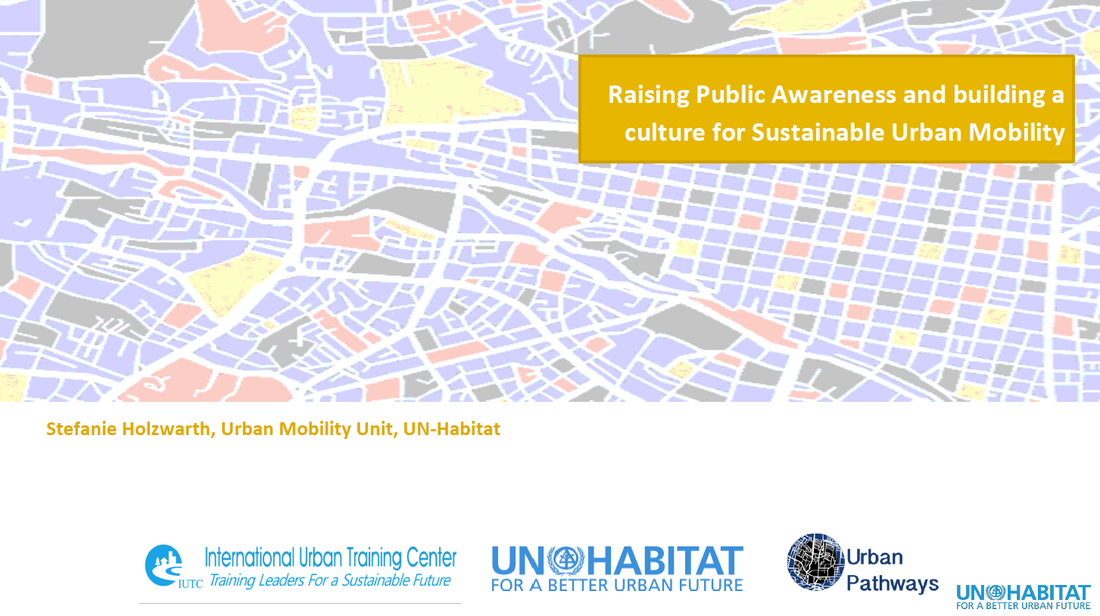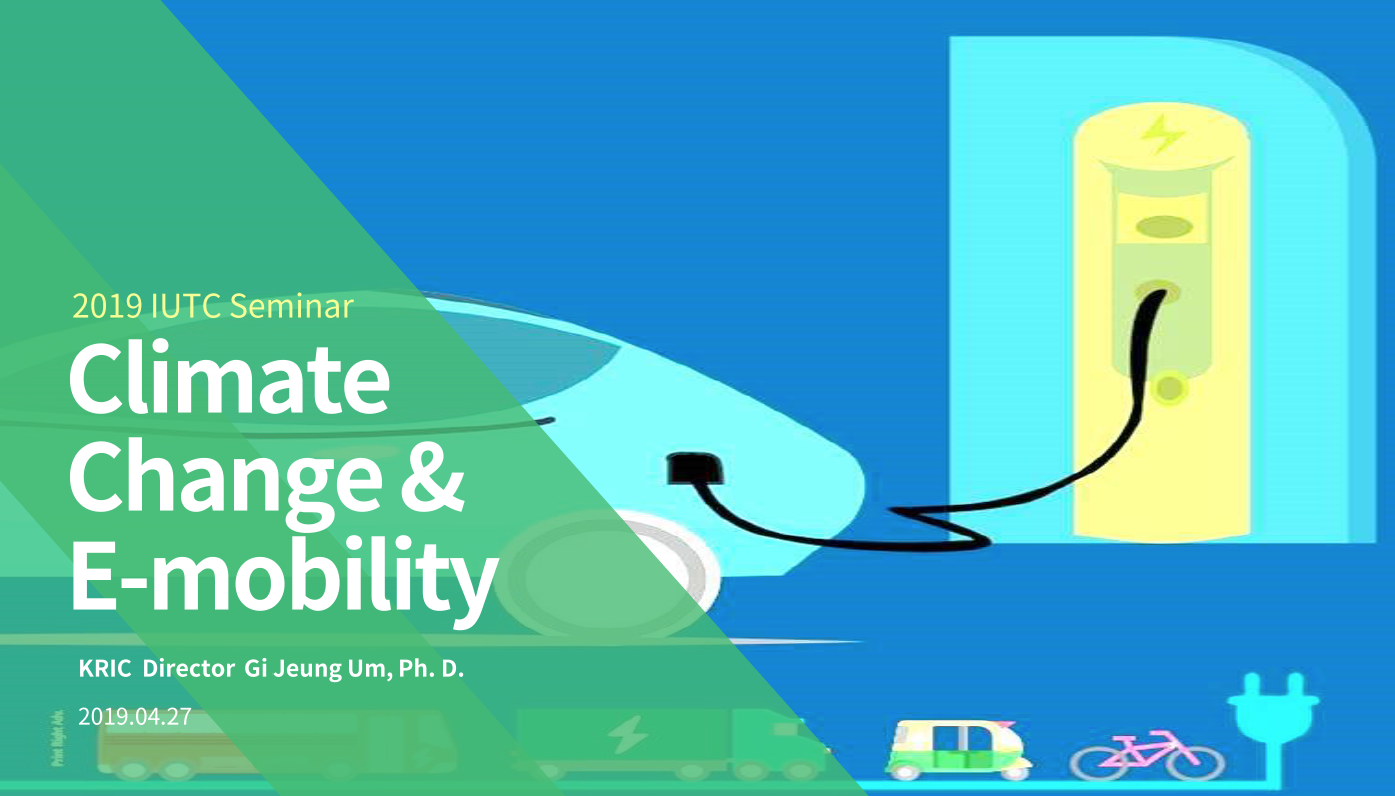Urban Pathways organised an eight-day training course (25 April to 2 May 2019) at IUTC Eco-complex in Gangwon Province, the Republic of Korea on ‘Sustainable Transportation in Asian Cities’ to develop skills and know-how in transport sector policy and implementation. The organizing institutes includes UN-Habitat, the International Urban Training Center (IUTC) and Wuppertal Institute.
24 participants from 10 Asian countries (Bangladesh, Bhutan, Cambodia, India, Indonesia, Mongolia, Nepal, Philippines, Sri Lanka and Vietnam) joined the training course on urban mobility, and discussed on modes, options and strategies for sustainable, safe, accessible, and innovative urban transportation in global as well as in the context of Asian cities. The course modules include mobility’s role in sustainable development; land use and urban mobility options; environmental, social and economic sustainability of mobility; and towards a sustainable reality - sustainable urban mobility planning and designing an action plan incorporating policy development and programme implementation for sustainable transport. The cutting edge knowledge from the experts from UN-Habitat, IUTC, Wuppertal Institute, SLoCat, and Korean sustainable mobility practitioners, as well as site visits in Chuncheon and Wonju cities and Inje county in Gangwon Province, provided the insight on options and impact of sustainable urban transport. The group discussion and presentation of action plan from the participants’ cities cases (from Delhi (India), Colombo (Sri Lanka), Ulaanbaatar (Mongolia), Thimphu (Bhutan), Kathmandu (Nepal), Hanoi (Vietnam) and Phnom Phen (Cambodia) provided peer-to-peer learning experience during the training course.
Further contact:
Shritu Shrestha, Wuppertal Institute, shritu.shrestha@wupperinst.org
Stefanie Holzwarth, UN-Habitat, stefanie.holzwarth@un.or
More information on Urban Pathways Partnership
24 participants from 10 Asian countries (Bangladesh, Bhutan, Cambodia, India, Indonesia, Mongolia, Nepal, Philippines, Sri Lanka and Vietnam) joined the training course on urban mobility, and discussed on modes, options and strategies for sustainable, safe, accessible, and innovative urban transportation in global as well as in the context of Asian cities. The course modules include mobility’s role in sustainable development; land use and urban mobility options; environmental, social and economic sustainability of mobility; and towards a sustainable reality - sustainable urban mobility planning and designing an action plan incorporating policy development and programme implementation for sustainable transport. The cutting edge knowledge from the experts from UN-Habitat, IUTC, Wuppertal Institute, SLoCat, and Korean sustainable mobility practitioners, as well as site visits in Chuncheon and Wonju cities and Inje county in Gangwon Province, provided the insight on options and impact of sustainable urban transport. The group discussion and presentation of action plan from the participants’ cities cases (from Delhi (India), Colombo (Sri Lanka), Ulaanbaatar (Mongolia), Thimphu (Bhutan), Kathmandu (Nepal), Hanoi (Vietnam) and Phnom Phen (Cambodia) provided peer-to-peer learning experience during the training course.
Further contact:
Shritu Shrestha, Wuppertal Institute, shritu.shrestha@wupperinst.org
Stefanie Holzwarth, UN-Habitat, stefanie.holzwarth@un.or
More information on Urban Pathways Partnership

